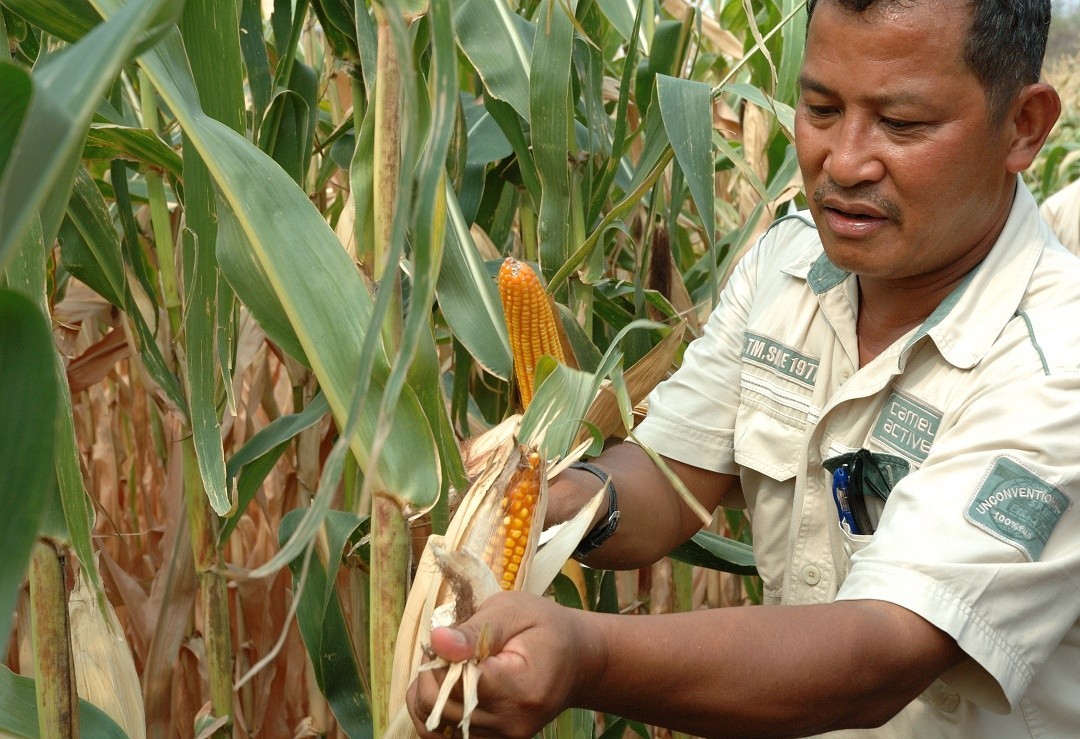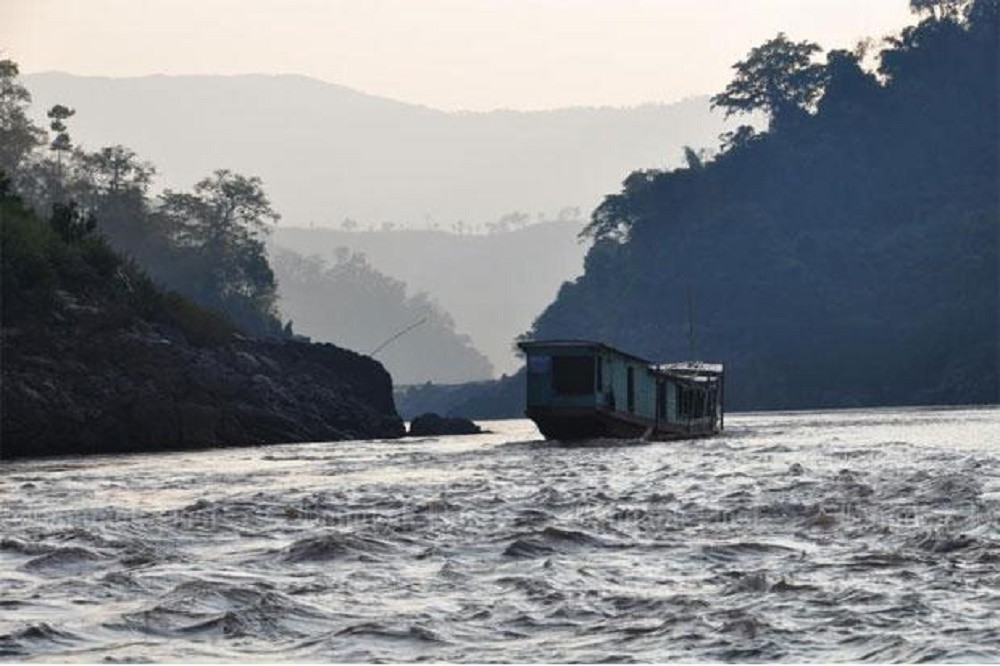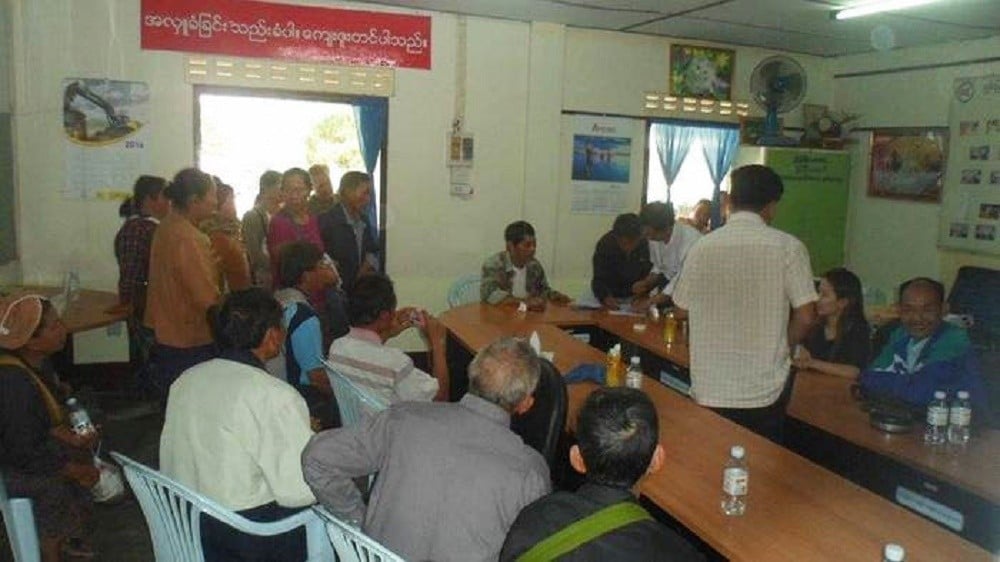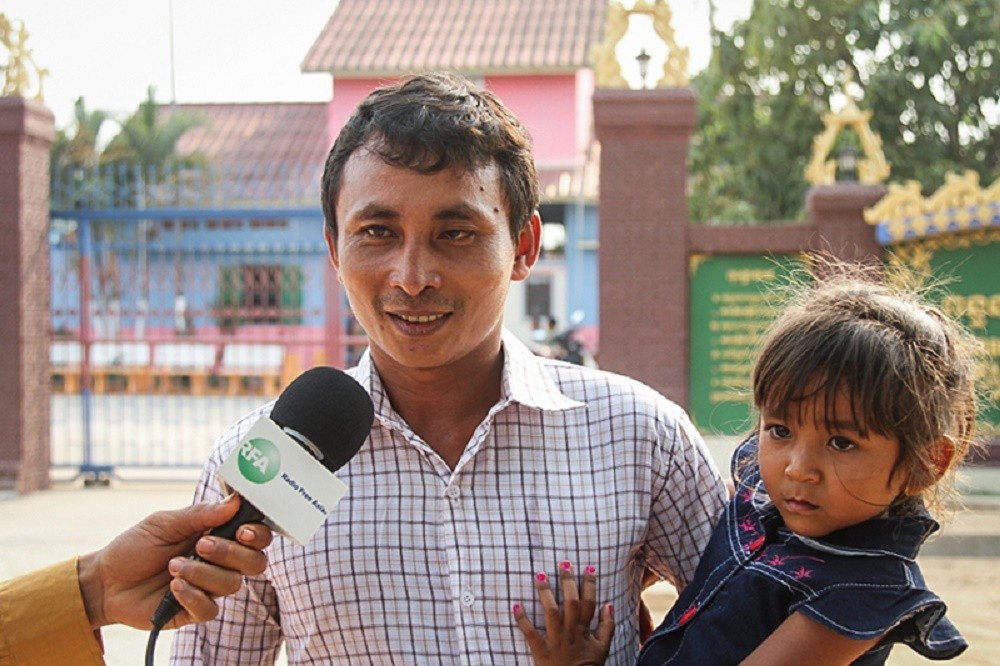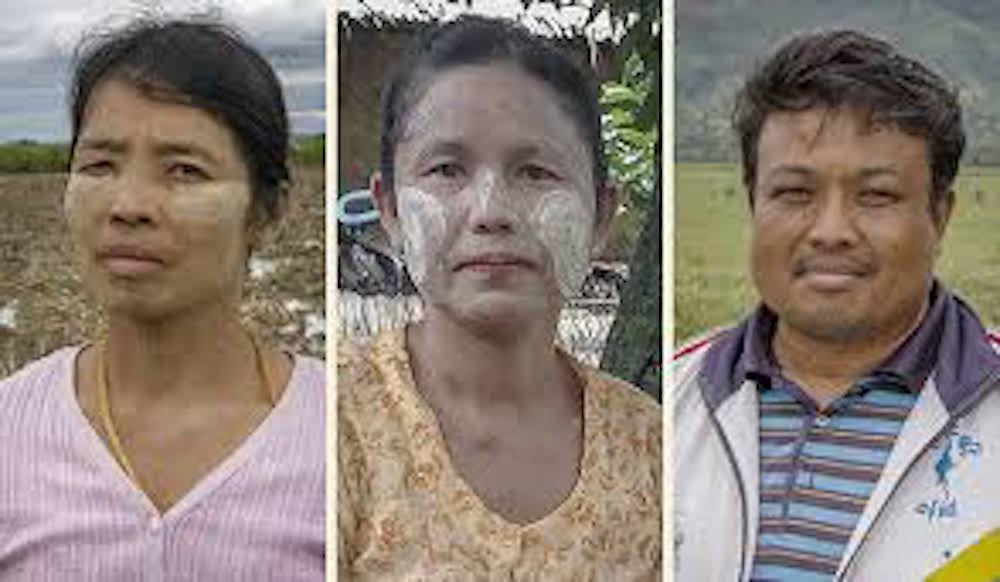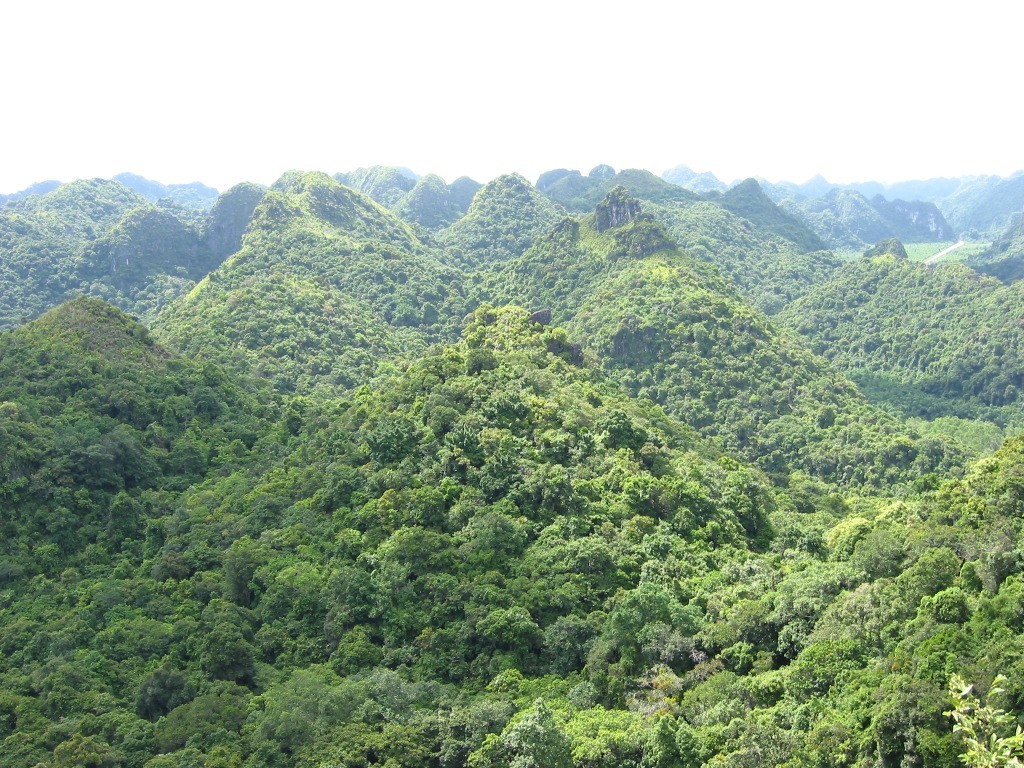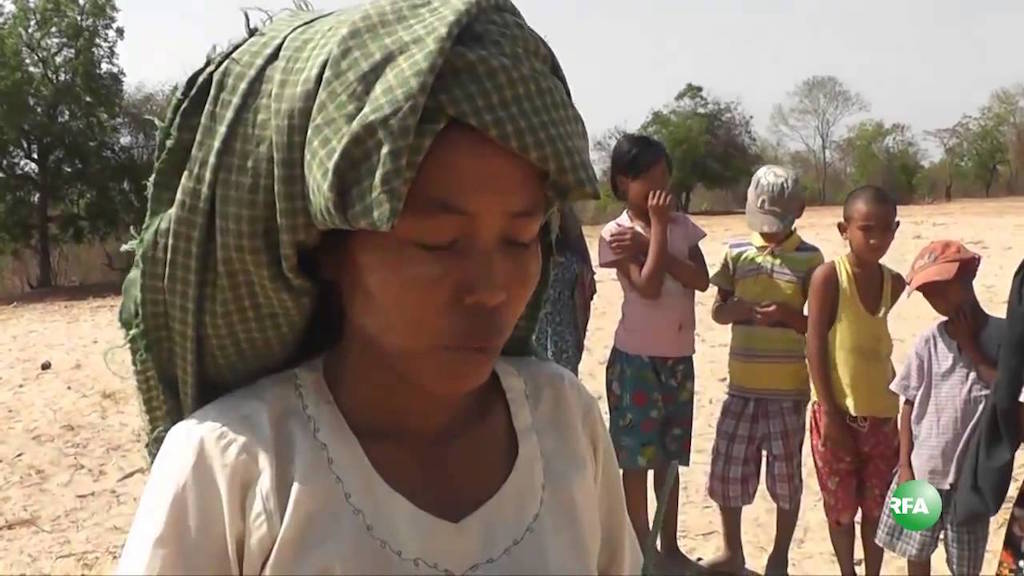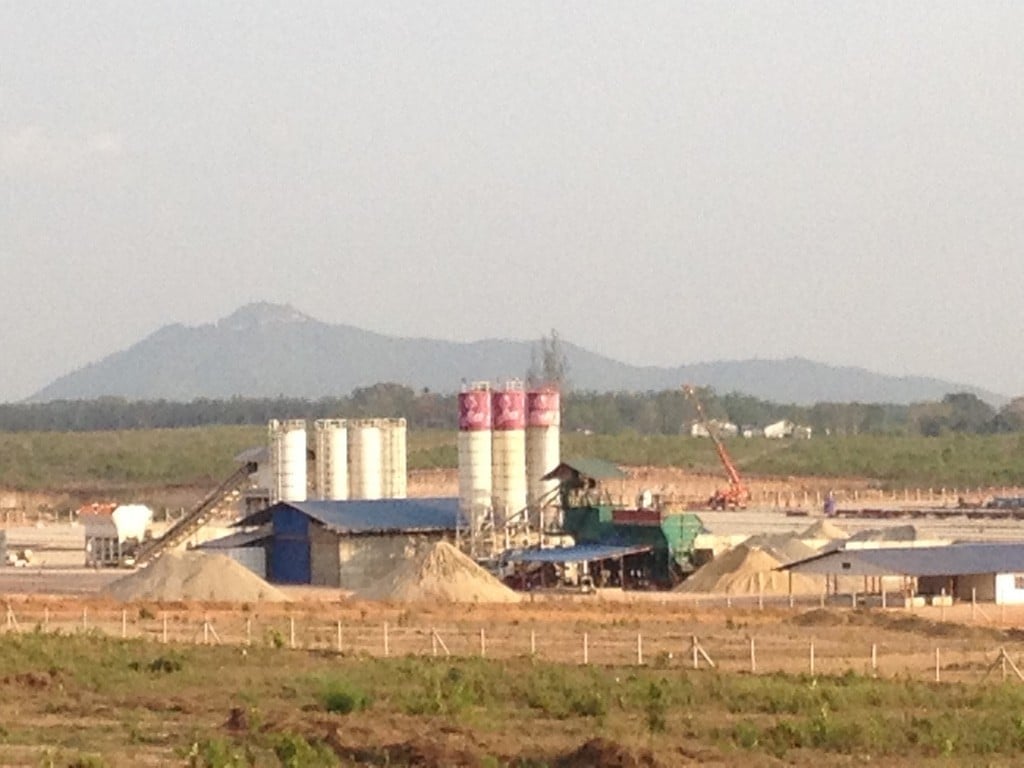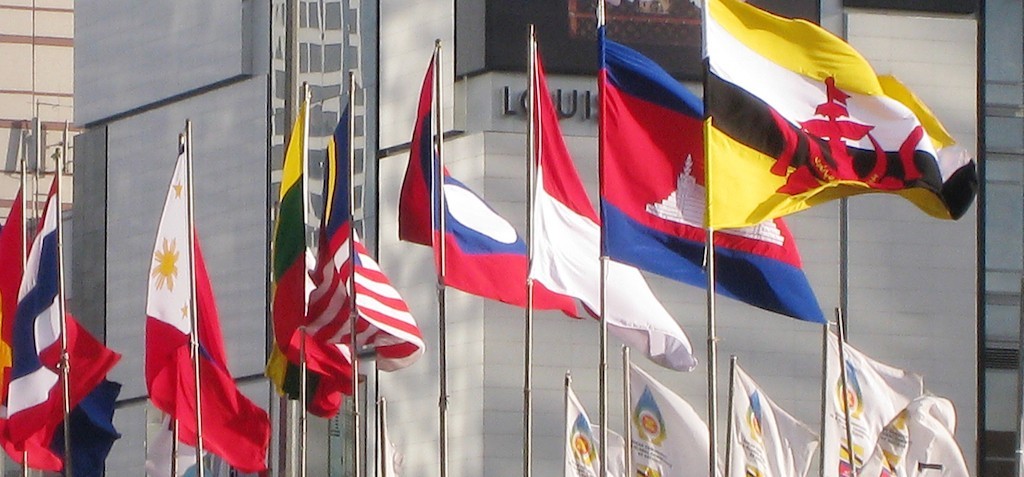The 2030 agenda for sustainable development undoubtedly proposes an exciting vision, and promises a future of peace and prosperity; but these goals will not be easy to achieve unless we develop effective global partnerships and learn from the outcomes of Millennium Development Goals (MDG). We need to investigate both the successes and failures of MDGs, set our focus on result-oriented development, and encourage government and their development partners to think about the linkages between plan, policy, delivery and monitoring in resource mobilisation and management.
Category: Region
Selected environmental stories from media outlets in the Mekong region and beyond.
Dam Building on Lower Mekong Accelerating, Threatening Path of Destruction
This week the hydro-power industry gathered in Vientiane, Laos to attend the International Conference and Exhibition on Water Resources and Hydro-power Development in Asia.
The conference comes at a time when the pace of dam building on the lower Mekong River mainstream appears to be accelerating at a dangerous speed, and it threatens to leave a path of destruction in its wake.
Gold mining companies try to buy silence of villagers: CBOs
The Shan State Farmers’ Network (SSFN) and the Shan Human Rights Foundation (SHRF) issued a statement yesterday saying that they deplored renewed attempts by gold mining companies to buy the silence of villagers impacted by toxic mining waste in eastern Shan State, instead of responding to their demands to stop mining and restore their lands. – See more at: http://www.mizzima.com/news-domestic/gold-mining-companies-try-buy-silence-villagers-cbos#sthash.13r2lqiB.dpuf
Environmental Campaigner Convicted of Forestry Crime
A prominent anti-dam activist in Koh Kong province who has been jailed since October was convicted Thursday of illegal logging and given a suspended prison sentence, allowing him to walk free but leaving the shadow of a criminal conviction hanging over him.
The decision marked the first conviction of an activist affiliated with the group Mother Nature, which has been a thorn in the side of the government for the past two years due to its provocative and eye-catching protests against the impending construction of a hydropower dam in Koh Kong’s Areng Valley.
Myanmar: The great land rush
Hla Ohn May still weeps when she takes the road past the twisted white piping of the gas terminal near the western Myanmar town of Kyaukphyu. The 46-year-old farmer and mother of five once owned land on this green strip perched above the blue waters of the Bay of Bengal.
Then she and fellow villagers were bought out by a consortium, which included the state-owned China National Petroleum Corporation and the Korean conglomerate Daewoo. Kyaukphyu is now the starting point for a pair of immense Beijing-backed transnational energy pipelines, turning these wild shores into what some are calling “China’s west coast”.
The development is a big part of fast-opening Myanmar’s efforts to exploit its position at the crossroads of Asia. The lush fields where Ms Hla Ohn May and other farmers used to plant rice and beans are mere industrial landscaping now, manicured behind fences by company workers in orange jumpsuits. Ms Hla Ohn May was paid Kt2.78m ($2,250 at current exchange rates) but feels she was short-changed for giving up the only productive asset she ever had.
Road building threatening special-use forests
In Thua Thien-Hue province, the companies belonging to the Ministry of Transport are speeding up the clearing of 49 hectares of forest in the core area of the Bach Ma National Park to make room for a highway.
A 4-lane road that links Thua Thien-Hue and Da Nang City will ‘slice’ through the park.
In late 2015, local newspapers reported that the Ministry of Agriculture and Rural Development (MARD) gave a license to build a road through the Cat Tien National Park.
Rallying call in Myanmar to meet growing climate threats
The population of Myanmar is being urged to lend a hand in preparing the country for climate change.
Their country, despite low emission, is exposed to various climate hazards such as cyclones, heavy rain, flooding, extreme temperatures, drought and sea level rise.
In a seminar entitled “Post COP21: Prospects and Challenges for Myanmar”, Harjeet Singh, ActionAid’s international policymaker for climate change, has issued the need for action.
He said civil society and NGOs needed to help the government assess climate impacts and develop plans for adaptation and addressing damage; help generate awareness and develop ways to deal with crises; and conduct pilot projects on various sectors and document learning so that action could be scaled up.
‘Economic Growth Is Not the Best Way to Solve Economic Problems’: Policy Advocate
A public seminar entitled “Myanmar’s Special Economic Zones (SEZs): Opportunities or Threats to Local Communities” attracted regional development specialists to Rangoon this week, including Penchom Saetang, Director of Ecological Alert and Recovery Thailand (EARTH).
In her work as a community and policy advocate, Saetang fights for corporate and government accountability concerning health and environmental problems from industrial pollution.
As Burma is developing three SEZs in Arakan State and Rangoon and Tenasserim divisions, respectively, problems have been highlighted concerning land confiscation, a lack of public consultation and forced relocation.
The Irrawaddy’s Yen Snaing spoke with Saetang about Thailand’s experience promoting industrialization, and what experiences Burma might be able to draw upon from its neighbor.
Prospects for Regional Cooperation on Environmental Impact Assessment in Mainland Southeast Asia
Pact inquired with ministries and other actors about the prospects for more effective environmental impact assessment (EIA) policy and practice and the role of multi-stakeholder cooperation at the regional level to improve EIAs in the five Lower Mekong countries (Cambodia, Lao PDR, Myanmar, Thailand and Vietnam). A team of country experts analyzed the relationships and interests involved in improving the state of EIA. Pact’s analysis indicates that there is strong support among government and non-governmental stakeholders alike for reform of national EIA procedures, increased public participation, and development of a regional EIA standard. Pact hopes this research encourages continued dialogue across boundaries and stakeholder groups in order to tackle the pressing development challenges facing the Mekong region.
Laos starts off as Asean chair with ministers’ retreat
Laos kicks off its Asean chairmanship Friday with an agenda-setting foreign ministers’ retreat in Vientiane, its capital on the east bank of the Mekong River.
Analysts say this year could be a coming of age for the “lower-middle income economy”, where poverty continues to be widespread, but which is one of the fastest-growing economies in the region.
Laos last chaired Asean in 2004. Its economy grew by an average of 7 per cent annually in recent years, mostly on the back of its natural resources, a construction boom in Vientiane and rising tourism.


